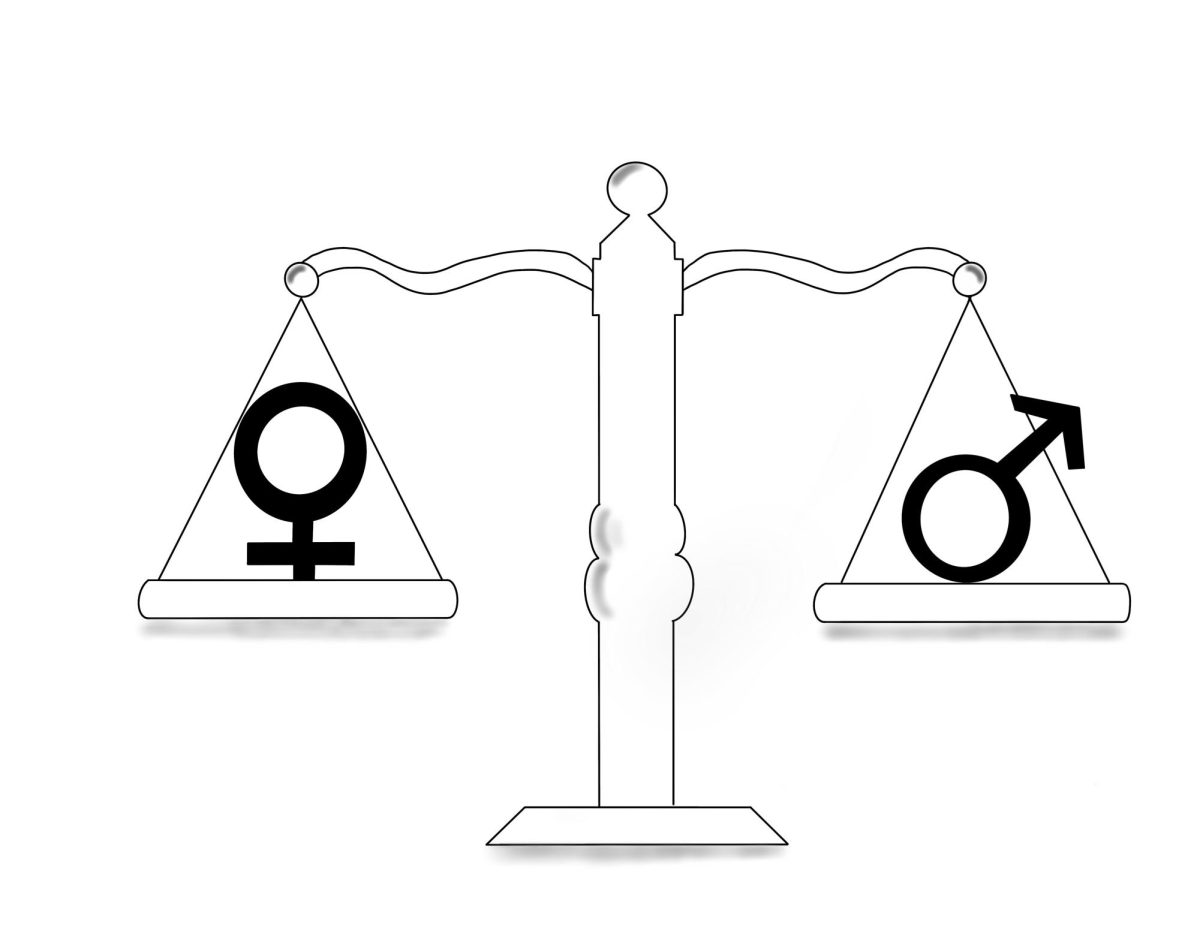Seniors everywhere bit their lips while they tore open envelopes, scrambled for their online portal passwords, and read the first lines of fateful emails with watering eyes, as they discovered that there’s a lot more to a rejection than a simple “no.”Instead, the rejections they read were composed of long-winded niceties.

This spring, the Bark analyzed college rejection letters from six colleges — Stanford, Northeastern, Princeton, Yale, UC Davis, and Harvard — to find out that no matter the campus, the rejection letters were essentially the same four-paragraph responses.
Their similarity makes sense. College admissions officers are quite possibly the only ones who can get away with rejecting tens of thousands of teenagers each year with only minor collateral damage. And they do so with a nearly uniform letter format.
The first line is the heartbreaker: since its straightforwardness has the potential to crush an applicant, it tries to lighten the blow with a professional tone and careful language. It usually includes the words “very sorry” and uses passive language like “we were unable to offer you admission.”
UC Davis’s first line is especially gentle.
“After careful review of your application, we regret that we were unable to offer you admission to UC Davis for fall quarter 2013,” the letter said.
It’s the only line that most students actually read, as the rest of the letter anticipates a reaction.
The emotion Princeton anticipates is confusion.
“I appreciate how challenging it may be to understand why you were not admitted,” the letter said at the beginning of the second paragraph.
Yale strives to connect with the applicant’s dismay.
“I realize that this decision may come as a real disappointment,” the letter said.
All of the analyzed letters mentioned how competitive admissions were within the first or second paragraph, presumably to sooth any brewing temper tantrums and prevent tens of thousands of protesting responses.
“Admission to Northeastern is highly selective,” that university’s rejection said. “With more than 47,000 applicants in the application pool, the Admission Committee had to make fine distinctions among many qualified applicants.”
Half of the letters — Northeastern, Harvard, and Yale — referred to a prestigious-sounding “Admission Committee” throughout the letter.
“While the Committee conducted its deliberations with the utmost care,” Harvard’s letter said, “we know that no one can predict with certainty what an individual will accomplish during college and beyond.”
The second and third paragraphs of the letters include even more confidence boosters and niceties. Out of the six letters, Stanford’s was considerably the most polite.
“We are humbled by your talents and achievements and by the commitment that you demonstrated in all of your academic extracurricular endeavors,” the letter said.
It also tried to share an understanding.
“We appreciate the thoughtfulness and care that went into your application and want to assure you that your candidacy received thorough and serious consideration,” it said.
The letter also included a link to an article written by the dean of admissions entitled “Rejected to Stanford? You’ll Live.”
The last lines of rejection serve as a final pep-talk from the college that rejected you. UC Davis’s was particularly inspiring.
“We are confident that you will continue your excellent record of accomplishment in college and in life, and offer our best wishes for success,” the letter said.












